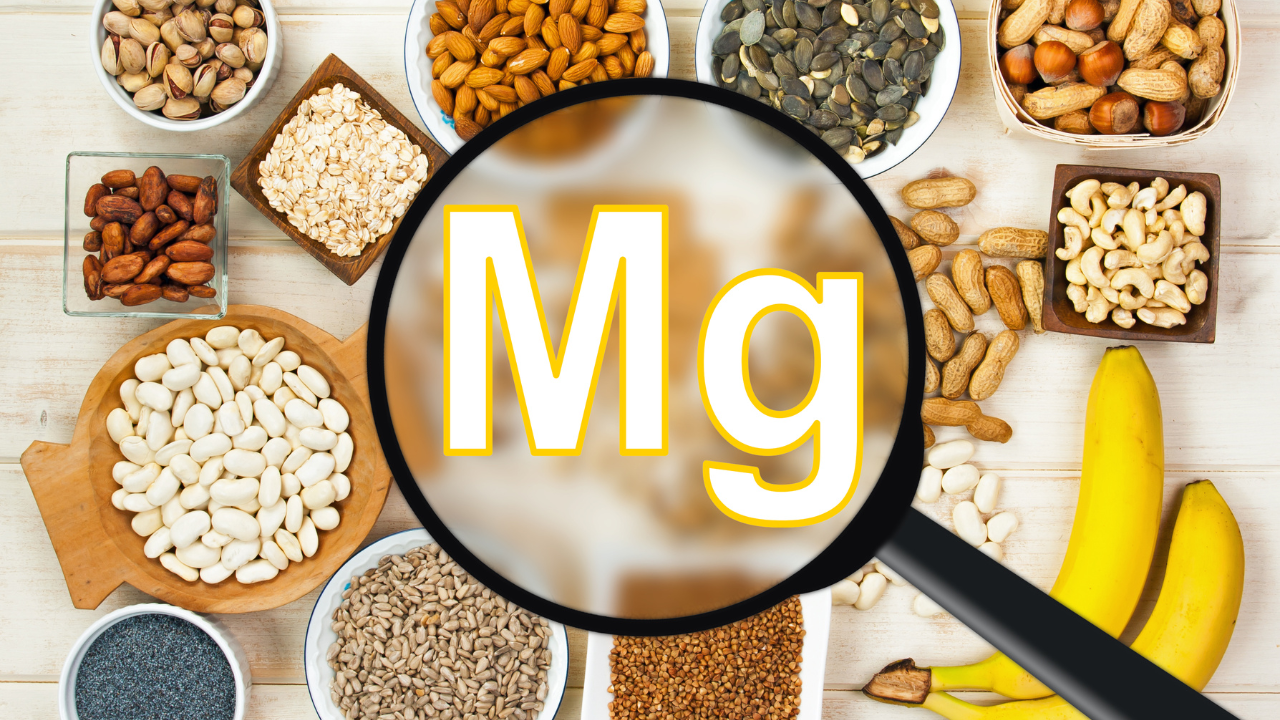When women reach that particular menopause age, estrogen significantly declines, which immediately results in bone and muscle loss, sarcopenia, and that increases the likelihood of osteoporosis development. Although calcium is the most universally accepted nutrient for bone health, magnesium is equally important. Magnesium aids in balancing calcium, activates vitamin D within the body and assists in a participatory role in forming bones. If a woman lacks magnesium, it can result in brittle bones, which in turn may lead to an increased risk of fracture, bone disease. Adding food items rich in magnesium like almonds, greens and whole grains can help maintain the body density.
